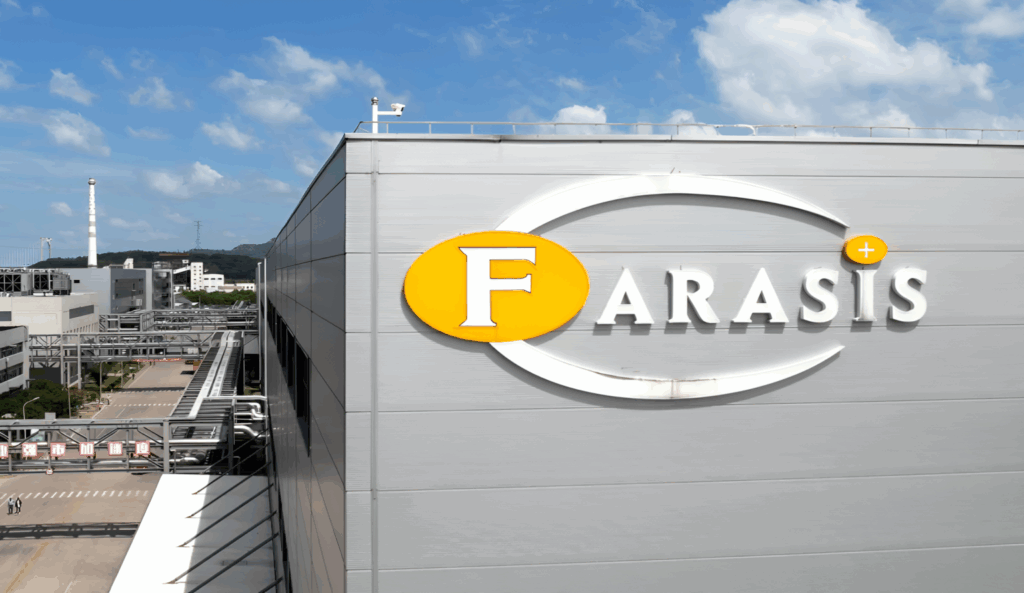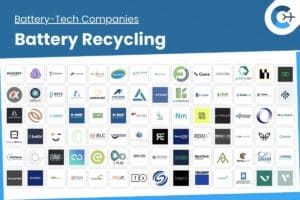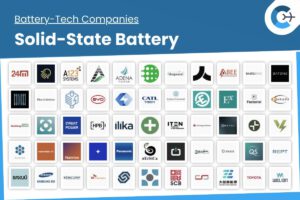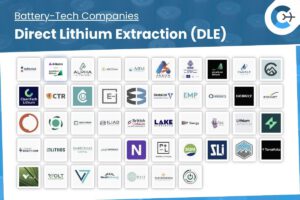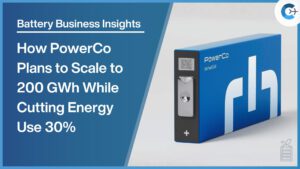Farasis Energy, supported by Mercedes-Benz, provided an update on its sulfide-based all-solid-state battery program during an investor relations meeting on September 15. In a filing released the following day, the company said it is accelerating research, pilot production and industrialization of its solid-state technology. Construction of a 0.2 GWh pilot line is underway, and Farasis expects to deliver its first products by year-end.
The inaugural generation of these cells pairs high-nickel ternary cathodes with high-silicon anodes, targeting energy densities between 400 and 500 Wh/kg. Farasis plans to begin small-batch deliveries to strategic partners in late 2025. The company said the initial pilot shipments will help validate manufacturing processes ahead of broader scale-up.
A second-generation design, scheduled for 2026, will feature a lithium-metal anode combined with either lithium-rich manganese-based or high-nickel ternary cathodes to achieve around 500 Wh/kg. Farasis has also set its sights on a third-generation product in 2027 that is expected to exceed 500 Wh/kg.
Meanwhile, the company’s semi-solid-state batteries are already in gigawatt-hour-level commercial use. Farasis reports that these cells incur only a 5–10% cost premium over conventional liquid-electrolyte batteries. With existing production facilities in Zhenjiang, Ganzhou and Guangzhou, the business anticipates substantial shipment growth by 2026. Those sites will support both ongoing semi-solid-state manufacturing and the expansion of the solid-state pilot line to gigawatt-hour capacity.
Farasis also highlighted several customer projects, including partnerships with Xpeng AeroHT, GAC Group and a leading domestic new-energy commercial vehicle manufacturer. Applications range from urban air mobility to humanoid robotics. In fact, the company has already delivered samples of its first-generation solid-state battery for humanoid robots. These cells, which use a sulfide solid electrolyte alongside high-nickel cathodes and high-silicon anodes, have achieved 400 Wh/kg and passed nail penetration, 250°C thermal chamber and shear tests. Farasis noted that robot-focused batteries are being optimized for size, output and safety requirements, distinct from its automotive power offerings.
Source: Car News China

